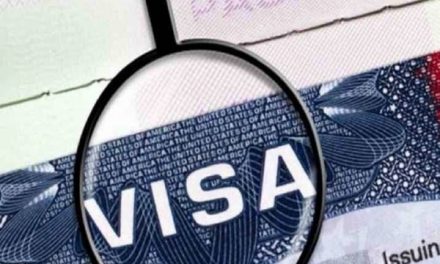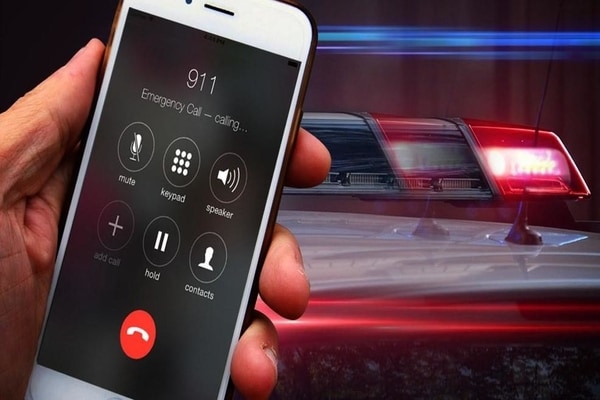As internet penetration is increasing and people are switching to newer forms of banking such as net banking, phone online banking, SMS banking etc, scammers are looking for ways to defraud people online. Not just accountholders but even banks are gradually edging toward having most of their processes online.
From money transfer to paying bills and even investing, online transactions have become a norm for many. While a lot of people in the cities have accepted the change to online and mobile banking, some are still hesitant as they fear scammers and frauds. For such people, the main concern is internet safety.
Here are 7 safe online banking tips which can help you avoid frauds:
1. Passwords are meant to be secret: The most important rule for carrying out safe online transactions via your smartphone is to have a strong password. Also, having a strong password is not enough, you need to change the password regularly to ensure that your account is safe from hackers and frauds. Always use random numbers, symbols and letters that only you will remember. Most banks recommend a combination of all three and some even prompt if your password isn’t strong enough.
Never using birth dates, vehicle numbers, anniversaries, age, phone number or other common knowledge information as your password Using upper- and lower-case letters help too. Never, under any condition, share your passwords with anyone, no matter what. Your passwords are unique and meant only for you.
2. Do not save passwords/credentials: Browsers and app prompt you to save your login credentials and passwords. While it makes your login experience faster, it is also unsafe because if your phone goes into wrong hands, someone can misuse this to make transfers from your account. In order to avoid this, do not save your password, credentials on browsers or banking, digital wallet apps.
3. Keep a close watch on your accounts: A lot of people deposit money into their accounts and forget about it. If scammers see negligible activity in an account, they often target it as they believe the account holder will not notice small transactions easily. So, monitor your accounts’ activities frequently, especially if you transact a lot. Check your bank balances and monthly statements for any debits that appear suspicious. If you spot any transaction that you have not made, reach out to your bank immediately.
4. Secure Internet Connection: It has been advised time and again that one should not public PCs or systems to carry out any banking operation. In order to prevent anyone from misusing your private information, one of the safe online banking tips is to use a secure, internet connection. Before logging in and transferring money or making a payment, make sure that the Wi-Fi is password-protected and not free. If you are traveling, connect with your smartphone’s hotspot. You can also choose a private browser to access your bank’s net banking platform.
5. Get notified immediately: Another safe banking tip is to turn on your bank’s notifications from your mobile phone. Also, make sure that you get an email, SMS notifications every time there is a transaction made to and from your account. You can also opt for receiving Whatsapp alerts. Many banks allow you to customize notifications and alerts. Ensure that you are notified every time there is a change in your account balance. This way if there is any fraudulent transaction, you can inform your bank immediately and get your money back in time.
6. Don’t forget to sign-out: Once your net banking or mobile banking session is over, remember to sign out. Do not close the app or browser without signing out. Also, do not forget to uncheck the ‘Keep me signed in’ box and log out. As an added precaution, always clear your browser history and cache after you log off so as to avoid anyone from getting access to your financial details, banking logins and passwords.
7. Spot the fake: Phishing and calling scams have increased over the last few years as scammers have found ways to get victims to divulge their financial information on the phone, in-mails or messages. Your account information, passwords, card CVV numbers, OTPs etc. are confidential. So, never entertain or answer an e-mail or call that requests for any or all of these details, unless you have initiated the transaction. Your bank, RBI and income tax department never ask for these details so do not share them online.
Do not click on any link provided in the email/SMS message etc. Always type the bank website URL in the address link of the browser to access your account.











